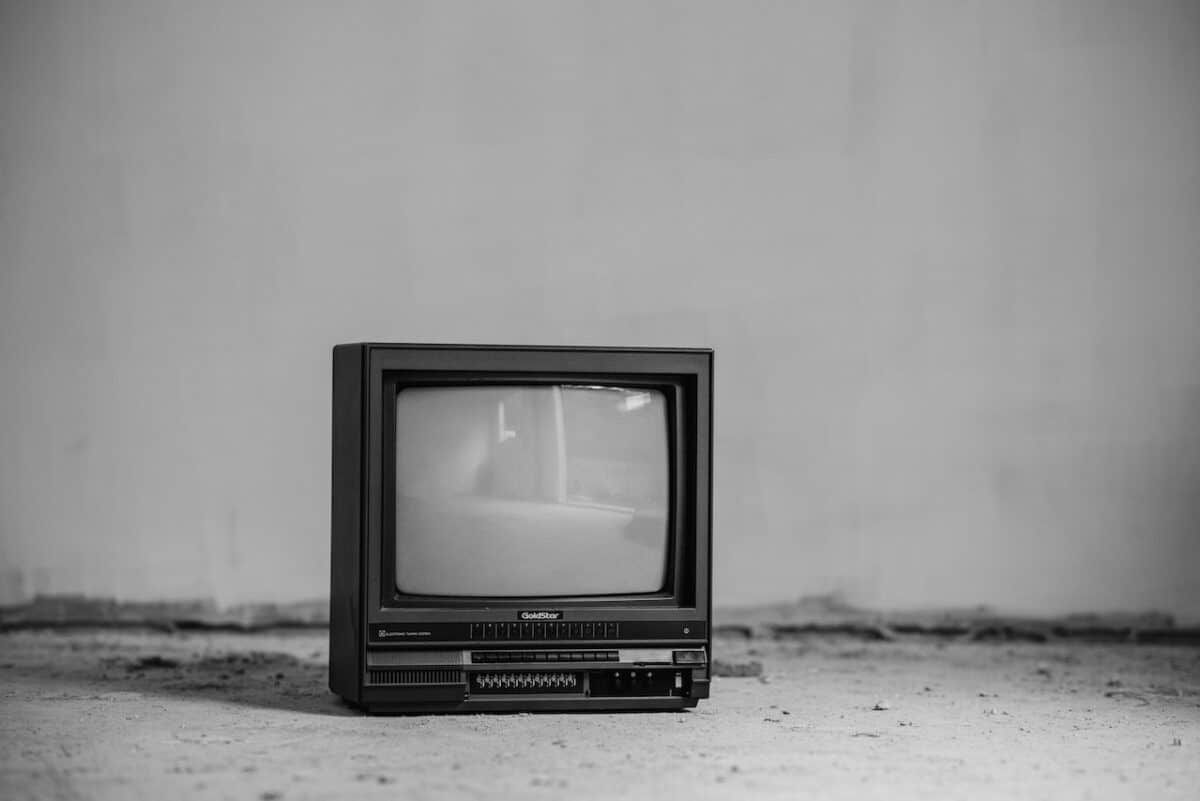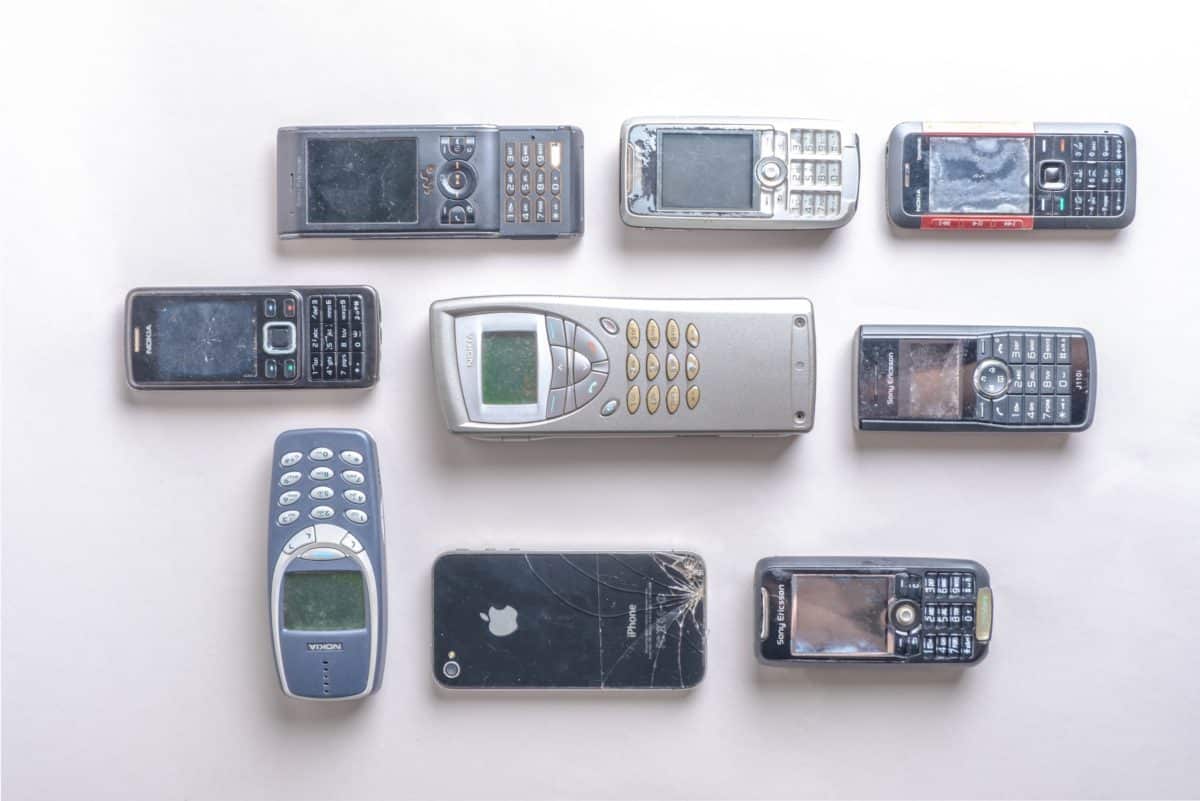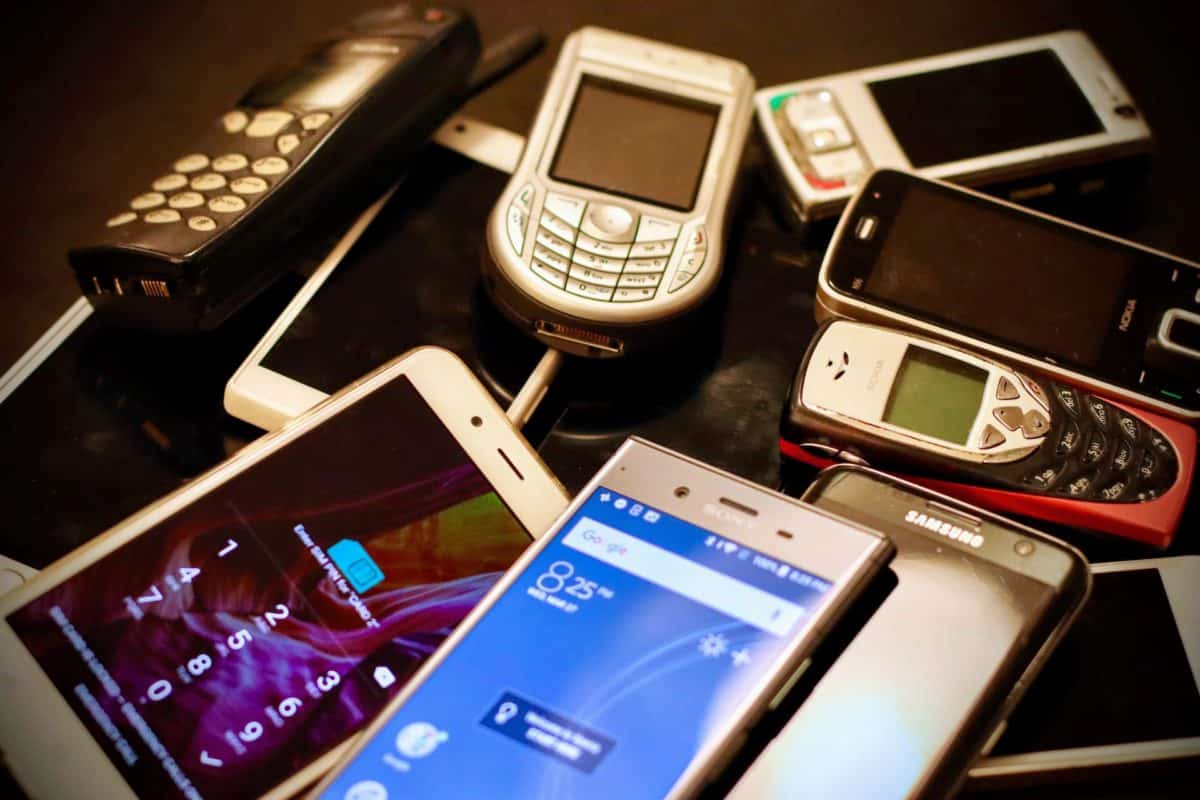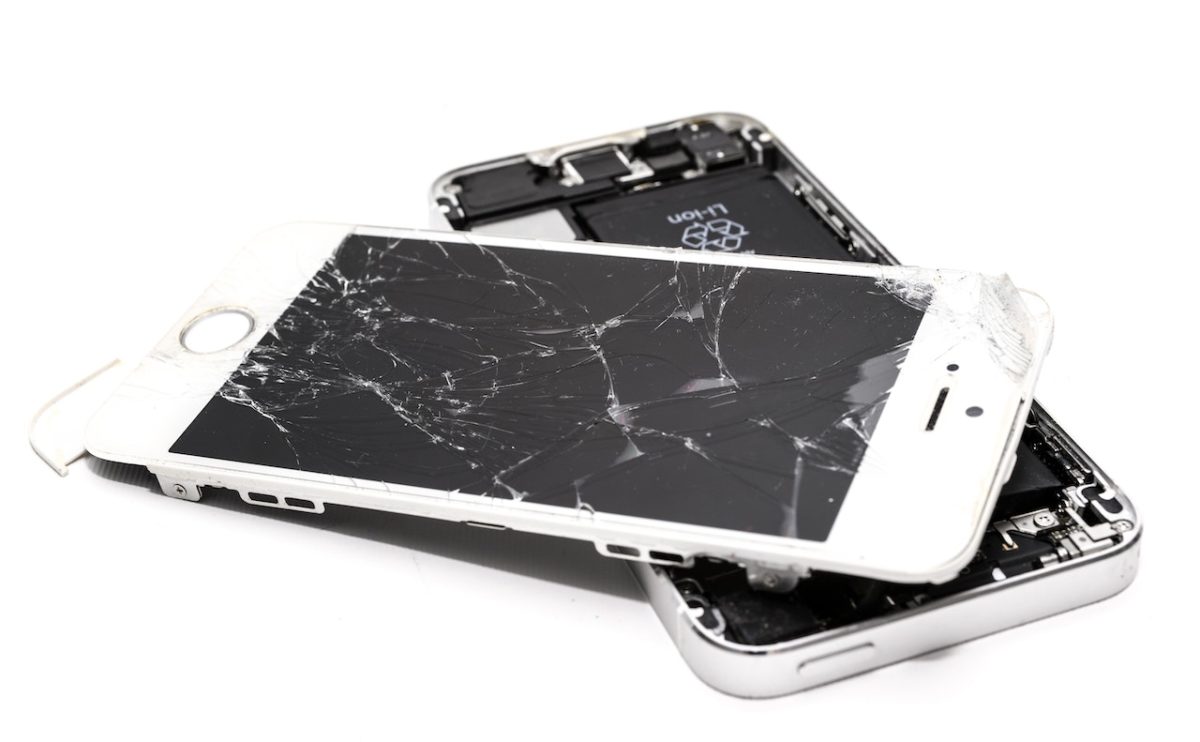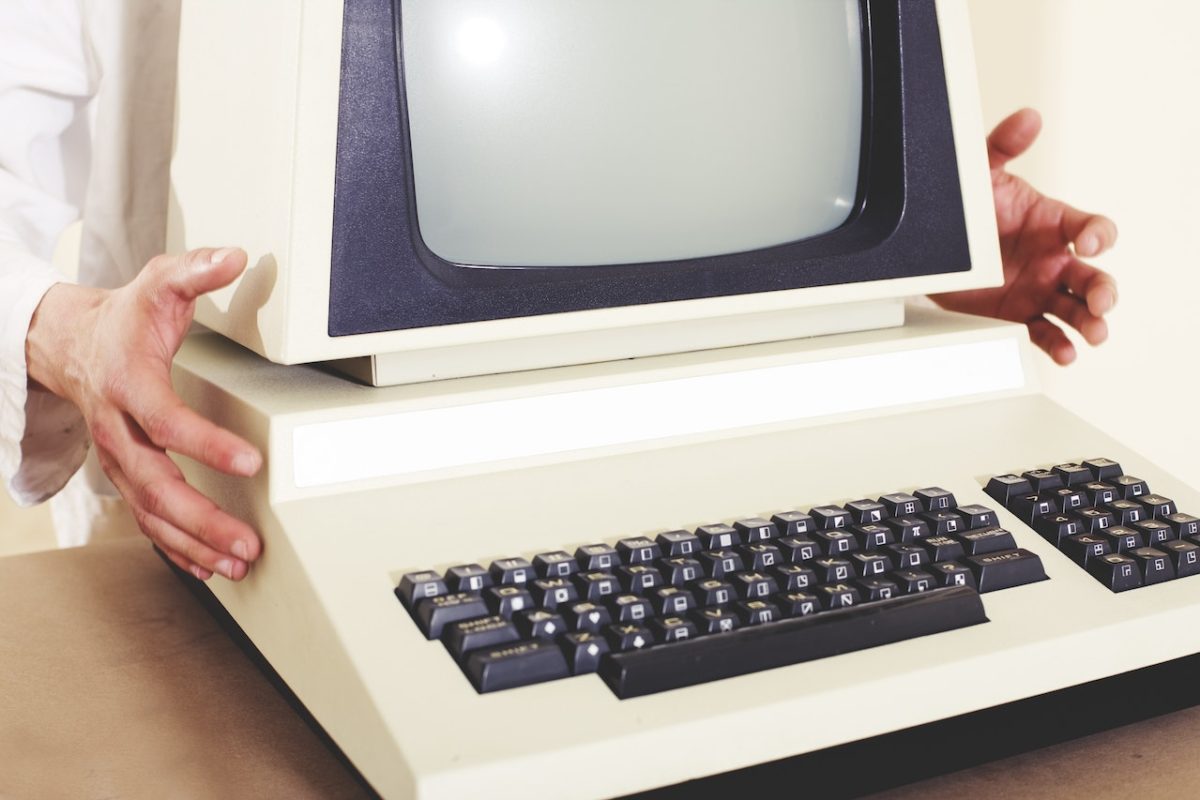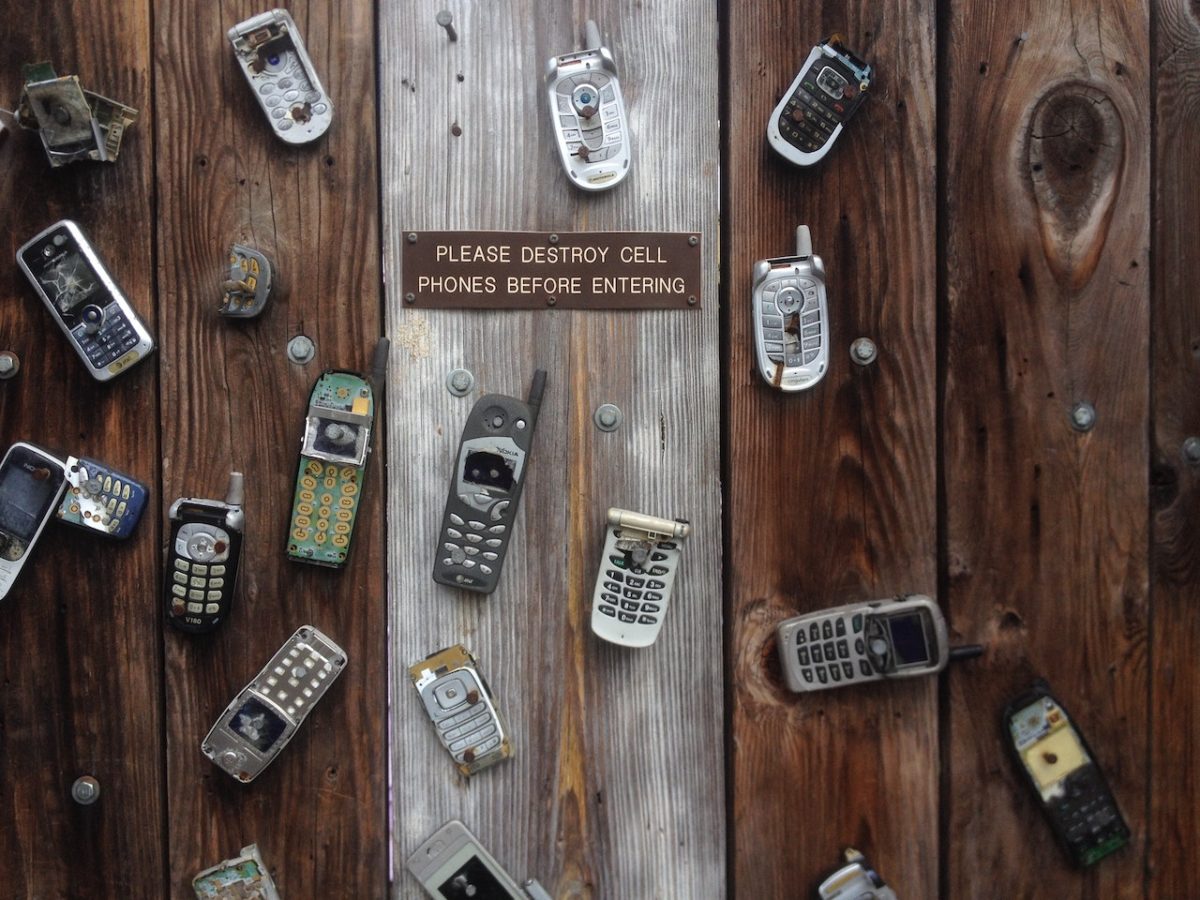Your Guide to Everything About the Apple Recycling Program
Electronic recycling has become a relatively new concept to many consumers as the world has become more conscious of its waste disposal habits. As one of the leading companies regarding sustainability and environmental responsibility, Apple has recently joined this trend by introducing its own Apple Recycling Program.
Here’s all you need to recognize about the Apple Recycling Program.
What is the Apple Recycling Program?
If you’re getting rid of your old Apple products, consider the Apple Recycling Program. Not only is it an eco-friendly way to dispose of your old devices, but it’s also incredibly easy to do.
The Apple Recycling Program accepts any Apple products, regardless of age or condition. All you need to do is gather up your old devices, such as iPhones, iPads, Macs, Apple TVs, and Apple Watches, and then send them off to Apple. You can send them directly to Apple or drop them off at an Apple Store or a participating retailer.
Once your devices are received, Apple will inspect them to determine their condition. If the devices are in working condition, they will be refurbished and sold as certified, pre-owned products. Meanwhile, if the devices are not working, they will recycle them responsibly.
Things to Keep In Mind for the Apple Recycling Program
As part of an electronic recycling movement, there are some things you need to remember about the Apple Recycling Program:
1. You Can Donate Non-Apple Products
Although it is called the ‘Apple Recycling Program,’ it doesn’t mean you can only donate Apple products. The program also accepts non-Apple products via Brightstar, which specializes in refurbishing and repurposing used electronics. Not only will you get a trade-in value, but also Apple will recycle your old gadgets for free.
2. You’re Guaranteed Your Data Is Safe
One thing about the Apple Recycling Program is that it guarantees your data is safe. Before the device is recycled or resold, Apple uses a secure wiping process that wipes the data off your device, ensuring that your personal information is kept secure. This way, you don’t have to bother about your data being accessed by anyone else.
3. You Can Trade In Your Device
Another great thing about the Apple Recycling Program is that you can trade in your device. You can get a trade-in value if your device is still in good condition. This means you can get back some money for your old device and help the environment simultaneously!
4. You’ll Get a Gift Card Towards Your Next Purchase
One of the greatest things about the Apple Recycling Program is that you’ll get a gift card or instant credit for your next Apple Store purchase. This means you don’t have to worry about paying for your new device upfront. You can use the money from trading in your old device to help you purchase your new one!
Final Thoughts
Apple’s recycling program is an important initiative to help reduce the environmental impact of its products. This electronic recycling program not only reduces the amount of waste produced but also helps ensure that Apple’s products are disposed of responsibly, thus reducing the risk of hazardous materials ending up in landfills.
Aside from that, it allows users to donate their products to help those in need. All these aspects make Apple’s recycling program an excellent choice for anyone who wants to help the environment and promote sustainability.
Atlanta Green Recycling provides sustainable and cost-effective electronic recycling solutions in Atlanta. We aim to deliver our customers an easy and safe way to dispose of their electronic waste. Contact us today for more information!

